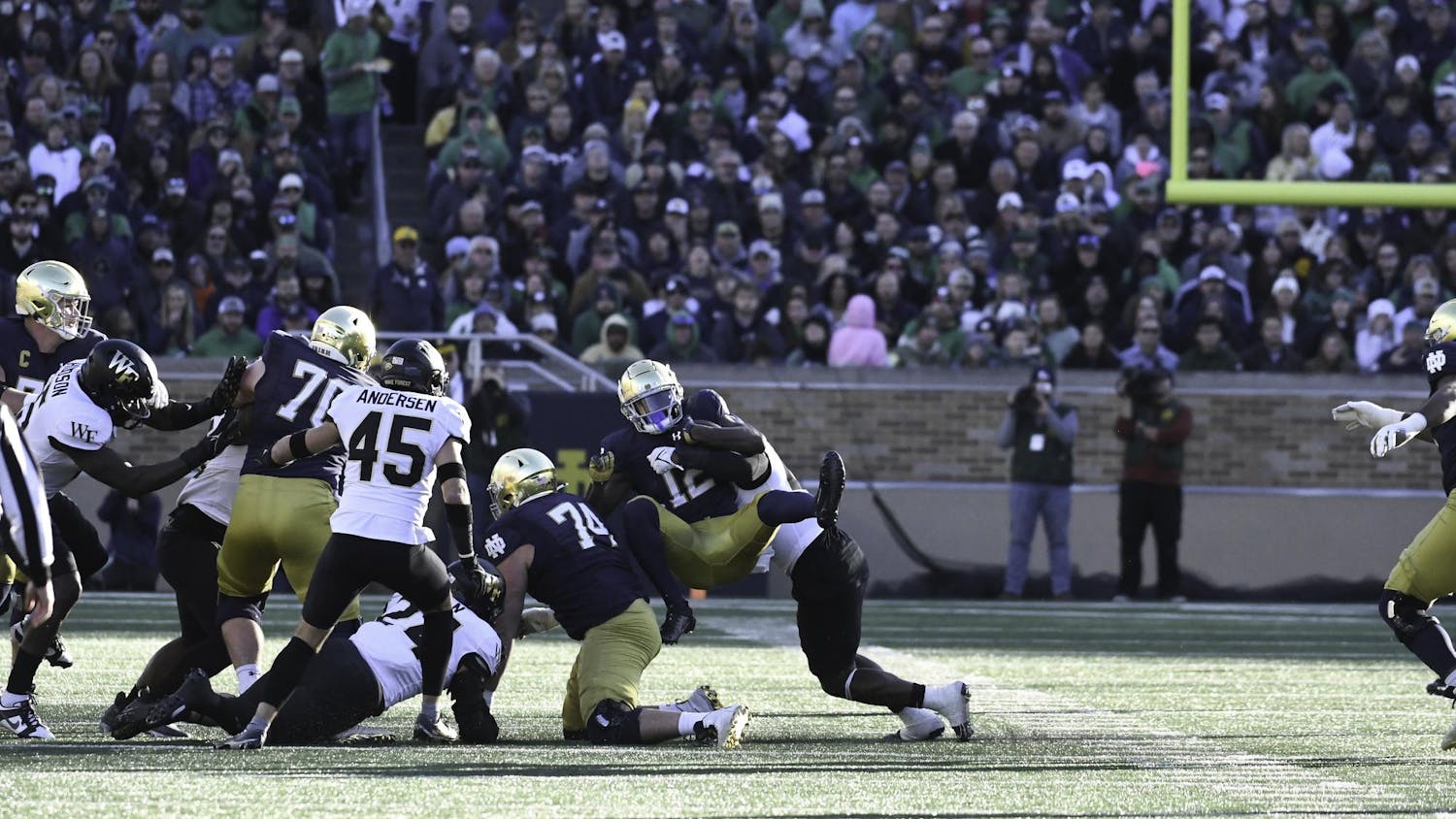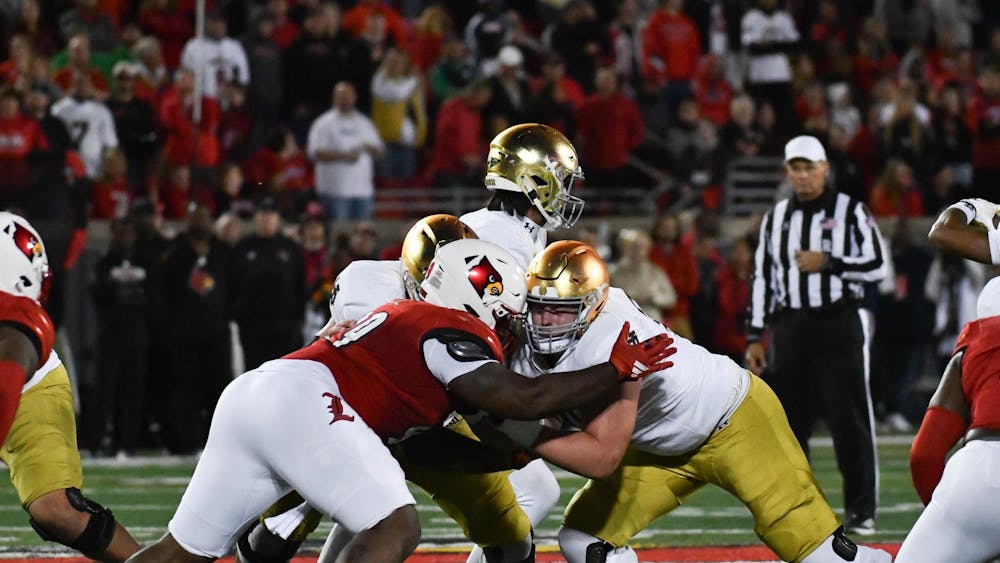In January of 2003, over 350 million viewers tuned in to the most viewed Premier League soccer game of all time.
It did not include Manchester United or Arsenal, who played out a thrilling title race. It did not include Newcastle or Chelsea, the third and fourth-placed teams that season either. Nor Liverpool, who were the most decorated club in England at the time.
It came between Everton and Manchester City, who would finish seventh and ninth, respectively, in the standings. Both were solidly middling teams at the time. Although Manchester City has had some success since 2003, including two league titles, they weren’t even playing in the Premier League the year before. Everton had a history of success in the 1980s, but entered the game with one top-10 appearance in the previous 11 years. The game did not stand out to most soccer fans as an important one.
So why did so many people tune in? Not to see Everton’s 17-year old prodigy Wayne Rooney, or Manchester City’s controversial forward Nicolas Anelka. They came to watch two solid but unspectacular defensively-minded players: Everton’s Li Tie and City’s Sun Jihai. Both players, and the majority of the audience watching them, were from China.
China is unsurprisingly seen as a great untapped market in global soccer. A nation with well over a billion people and a rapidly growing economy is a natural next step for investment in the world’s most valuable sport. Unlike the United States or India, there isn’t a dominant sport or group of sports to dislodge from the hearts of fans. But since 2002, when a World Cup appearance was followed by the Premier League debuts of Li and Sun, China has made few waves on the global stage. Until this year.
In February of this year, the winter transfer window, one of only two occasions per year for teams to sign new players, closed for most soccer teams in Europe. It was largely uneventful, with the largest teams on the continent opting not to strengthen their squads. But a whole host of players left Europe to join the Chinese Super League. Jiangsu Suning broke the Asian transfer record on January 27, with the signing of Brazilian midfielder and Champions League winner Ramires from Chelsea. A week later, defending Chinese champions Guangzhou Evergrande broke it by signing Colombian striker Jackson Martinez from Atletico Madrid. Two days after that, Jiangsu Suning took it back, outbidding Liverpool to land Brazilian midfielder Alex Teixeira for over $50 million.
Those three moves were just a small part of a wild transfer season in China, as many other international stars left more prestigious European clubs to take high paychecks in the Far East. The league spent a total of $379 million on transfer fees for new players, more than English or Spanish teams. Outside of the transfer business, the country has been focusing on soccer in schools, with a target of 50,000 schools with mandatory soccer courses in 2025, up from 8,000 currently.
But attempts to turn an economic powerhouse into a soccer powerhouse aren’t always easy. The U.S. becoming a top-tier men’s soccer power has looked to be around the corner for a long time, yet it’s still far behind the expectations from 20 years ago. Signing high profile foreign players, whether it was Pele, David Beckham or Thierry Henry, was a hit-or-miss strategy, and local support doesn’t always build quickly. The Chinese season got underway last month, and now these teams will have to prove themselves on the field. Four Chinese teams also compete in the Asian Champions League, with mixed results so far. Guangzhou Evergrande, who won two Asian Champions League titles in the last three years, sit bottom of their group right now, but the other three teams are performing better. For the national team, chances of returning to the World Cup for the first time in 16 years are still alive, after a 2-0 win over Qatar pushed them into the very last place in the final qualifying round, where they will likely play in a group with one of Asia’s strongest teams: Japan, South Korea or Australia.
China will likely learn, like the United States did, that becoming the next big thing in soccer takes a lot more time than you might think. But this year might just be the first step in China’s rise to prominence.













